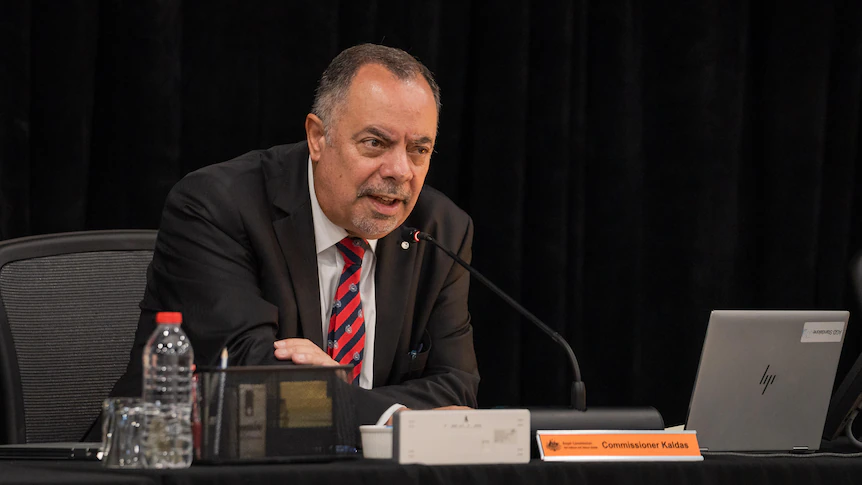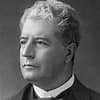
Veteran suicides Royal Commissioner accuses military brass of waiting to return to ‘business as usual’
By political reporter Matthew Doran
The chair of the Royal Commission into Defence and Veteran Suicide has accused senior military leaders of waiting for his inquiry to end so they can go back to “business as usual”.
Commissioner Nick Kaldas will on Wednesday outline his concerns about the approach taken by Australia’s defence establishment when he addresses the National Press Club in Canberra.
Last week, while wrapping up a block of hearings in Melbourne, the former New South Wales police commissioner took a swipe at the nation’s top brass.
“We commissioners fear the defence hierarchy is simply waiting for this inquiry to end so that it can go back to business as usual,” he said.
“We hope that’s not the case.
“We still have not identified any strong evidence to suggest that defence is prioritising the mental health and wellbeing of its people in a sustainable way, nor does it seem to be responding adequately to the pressing issue of suicide and suicidality in its ranks with any sense of urgency.”
Tasmanian senator and veteran Jacqui Lambie, who is one of the most outspoken defence critics in federal parliament, said Mr Kaldas’s remarks showed deep cultural problems continued to exist.
“The best disinfectant for defence would be to get rid of the garbage at the top,” she told the ABC’s AM program.
“The trouble is you have senior commanders up there that think they are untouchable, and until you flush those senior commanders out, we’re going to continue to have this.
“The only way you can change a culture in an institution like defence is by flushing out the leaders.
“They’ve had plenty of time to fix it, the situation has got worse over the years.”
Karen Bird’s son Jesse died by suicide in 2017, after his claim for compensation for permanent impairment was rejected by the Department of Veterans’ Affairs.
She has been watching the royal commission hearings closely, and she agreed with Mr Kaldas’s sentiments.
“The protection and the lack of transparency has been a real issue for the commissioners,” she said.
“I think the commissioners have just got to keep pushing and keep calling it out.
“I’m not crazy enough or silly enough to believe that we don’t need a defence force, but what we do need is a system that looks after our defence members.”
‘I don’t think he’s excessive or a China plate’
Senator Lambie was full of praise for the way Mr Kaldas and his two fellow commissioners, James Douglas KC and Peggy Brown, have been running the inquiry, encouraging members of the defence community to come forward with their stories.
Shadow Veterans’ Affairs Minister Barnaby Joyce agreed, and argued Mr Kaldas was unlikely to be exaggerating the concerns about defence.
“I don’t think he’s excessive or a China plate who would be looking for dramas where dramas don’t exist,” Mr Joyce said. “I think he’d be very authentic.
“I think he’s clearly saying [defence] have got to take this seriously.
“And if you don’t change your behaviour, then you’ll get the exactly the same outcome as what we’re experiencing.”
Veterans’ Affairs Minister Matt Keogh was not prepared to comment specifically on Mr Kaldas’s remarks.
But in a speech to parliament on legislation relating to the royal commission, Mr Keogh insisted the federal government was serious about driving cultural change.
“We know that people don’t want to see this royal commission drag on,” he said on Tuesday night.
“Veterans, veterans’ families, defence personnel, ex-service organisations — they all want to see timely action.”
In a statement, the Defence Department said it would be inappropriate to comment on what the commissioner had to say because the inquiry is ongoing.
“The mental health and wellbeing of our people is a high priority for Defence,” a spokesperson said.
The royal commission’s next hearings will be in Sydney at the end of the month, with the inquiry’s final report to be delivered by June next year.




